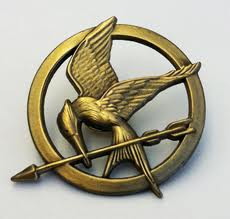
My dad asked me the other day, How do you rate books?” This is an interesting thought, I’ve got a system for rating but I never really thought of it into great details. I’m not talking about my 1-10 scale that I use but what factors determine the rating. So I thought I would brainstorm my thoughts into this blog post. When I finish reading a book I often got to Goodreads, mark the book as read and give an initial rating of the book; this is basically my feeling of the book at the time of finishing the book. But I often spend some time thinking about the book and how I would like to review it (yes, that’s my excuse for always being over three reviews behind and I’m sticking to it).
While thinking about how I want to review the book I often look at some key elements. I normally have a think about the plot, writing style, characters, grammar, research, my personal experience, insightfulness and any other elements that should be factored in. But should I have a standard criterion or should each rating be based on a tailored scale for that book? I’ve been thinking about this for a while now and I feel like while I really liked the parody novel Fifty Shames of Earl Grey, I could never put it on the same rating criteria as Crime and Punishment.
I think the fact that I’m trying to explore the different genres out there a rating template would never work but I should look at some key elements no matter what the book was and I think the main ones would be plot, characters, style and my personal experience of the book. These for elements make up my end rating; I often change the rating of a book when I finish reviewing it.
The problem with ratings are the fact that they are very personal and when looking at your reading list as a whole some books shouldn’t be considered to be on the same level as others. But should you review a book without a rating or is adding a rating just a good way for people to quickly look at what you thought of that particular book?
I would love to hear people’s thoughts on ratings. I know most people have different scales and ways of picking the final rating so please tell me about your process. Also if there was ever a standard criterion for book ratings what would you put on it. For example if you to break down the characterisation, would you look at believability, personality and so on?









 world and always getting complaints from parents when their children have to read it. In the 1970’s, there was Go Ask Alice which to this day has been slammed for been too controversial for teens to read.
world and always getting complaints from parents when their children have to read it. In the 1970’s, there was Go Ask Alice which to this day has been slammed for been too controversial for teens to read.